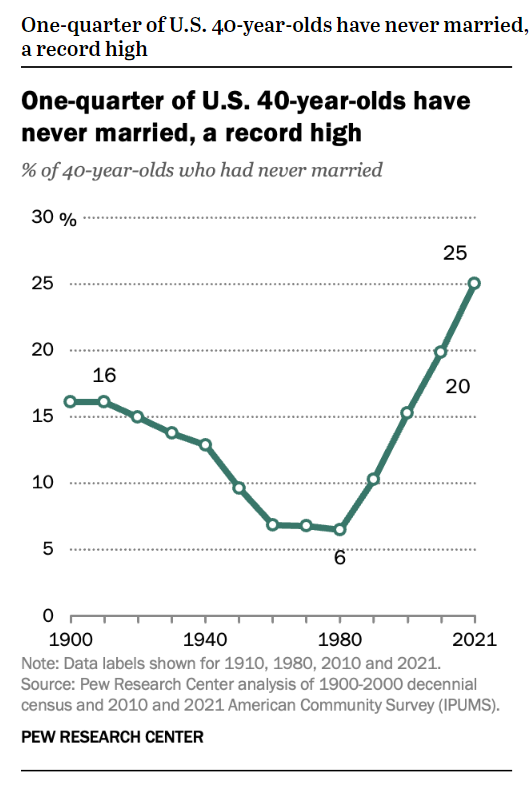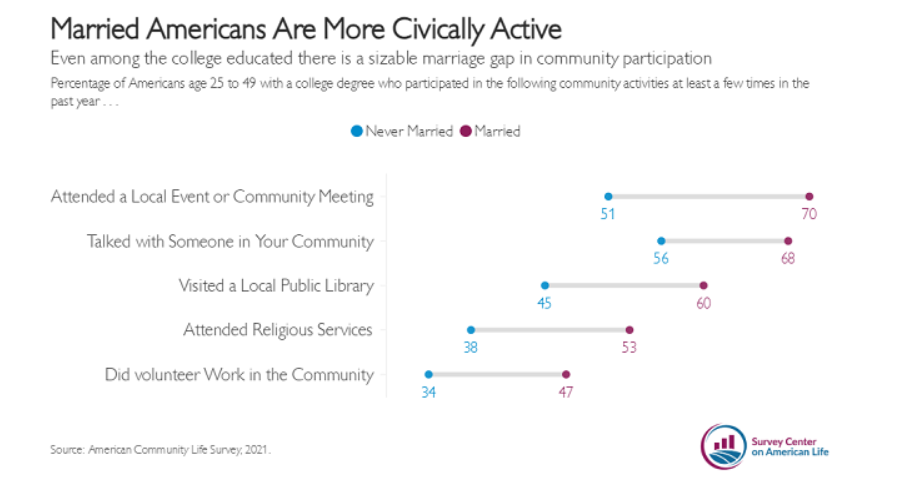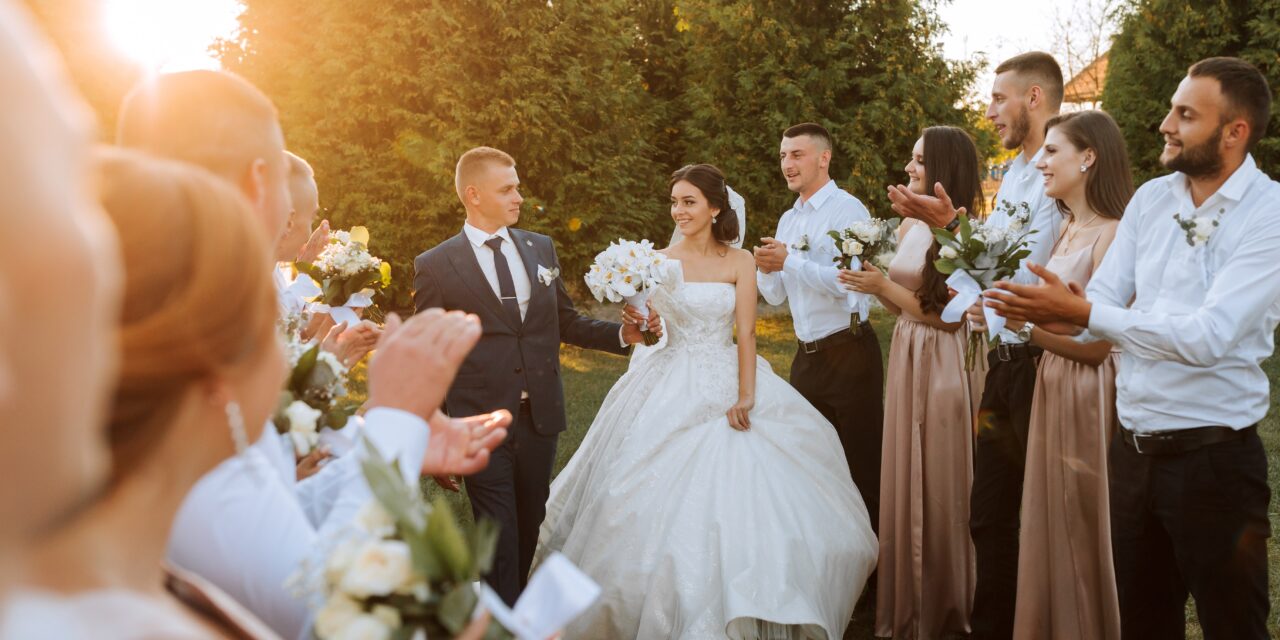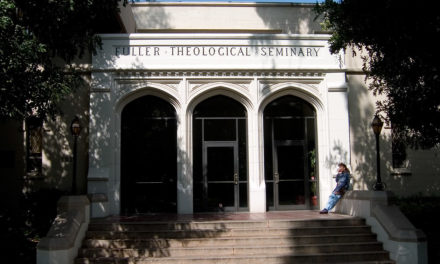The Institute for Family Studies (IFS) reports steady and dramatic declines in marriage rates in America are related to something many of us would never suspect: A decline in overall civic engagement. And just as any civil society demands strong families built upon marriage, it also requires robust civic engagement by its citizens.
The dramatic increase in never married Americans since 1980 looks like this:

Daniel A. Cox, director and founder of the Survey Center on American Life, explains over at IFS that “marriage is positively associated with greater community involvement across a range of different activities.” Cox adds, “in our surveys, there is a substantial divide in community activities between married and unmarried adults.”
He contends,
This is not just an artifact of age or education differences either. Married adults between the ages of 25 to 49 are far more likely to attend a community meeting, do local volunteer work, and visit a library. They talk to new people in their communities more often as well.
Of course, this means that as marriage declines in America, so does civic engagement. Communities suffer significantly from these declines.
The gaps in being civilly active between marrieds and non-marries are substantial, as shown in this chart.

Cox notes that “even controlling for age, race, education, and gender, marriage is positively associated with more frequent participation in a variety of community activities.” He concludes, “Simply put, married people are more active participants in American civic life.”
Additional research from the Center for Information & Research on Civic Learning & Engagement has also demonstrated this connection. They explain, “One important finding in research on civic involvement has been the important link between marriage and civic engagement.” The group adds, “For adults, those who are married are often more likely to vote or volunteer than those who are single.”
Brad Wilcox, noted University of Virginia sociologist and Institute for Family Studies founder, made this very point regarding the social power of intact married mother/father families in 2020 in the pages of The Atlantic,
It turns out that the relationship between nuclear families and larger communities is more symbiotic than substitutionary, more interdependent than interchangeable. Whatever the merits of extended or other nonnuclear forms of family life, research has yet to show that they are entirely equipped to shoulder the unique role of a child’s two parents.
It is important that all advocates of strong, thriving families and robust communities remember the tight relationship between a community’s marriage rates and the level of dynamic civic engagement of its citizens. Marriage is clearly not just one relationship form among others of equal value. It produces essential goods for the larger community that all others fail to provide. And research shows our neighborhoods are stronger when marriage is thriving.
Image from Shutterstock.






